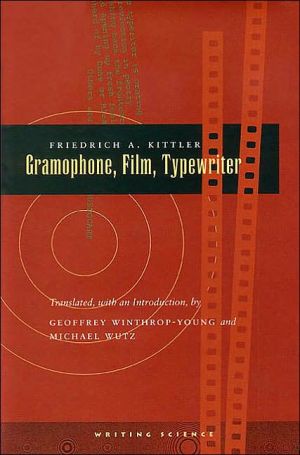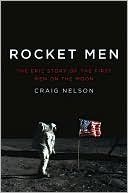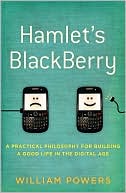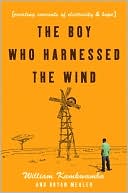Gramophone, Film, Typewriter
Toward the end of the nineteenth century, the hegemony of the printed word was shattered by the arrival of new media technologies that offered novel ways of communicating and storing data. Previously, writing had operated by way of symbolic mediation—all data had to pass through the needle's eye of the written signifier—but phonography, photography, and cinematography stored physical effects of the real in the shape of sound waves and light. The entire question of referentiality had to be...
Search in google:
Part technological history of the emergent new media in the late 19th century, part theoretical discussion of the responses to these media—including texts by Rilke, Kafka, and Heidegger, as well as elaborations by Edison, Bell, Turing, and other innovators—this book analyzes this momentous shift using insights from Foucault, Lacan, and McLuhan. Booknews "Media determine our situation ..." states Kittler (aesthetics and media studies, Humboldt U., Berlin). Offering a history of this "electric trinity" and theoretical analysis of the responses to the ensuing media revolution, the author draws on the works of such as Heidegger, Foucault, McLuhan, and technological innovators like Edison. The translators' introduction places the discourse in the context of renewed interest in oral communication; Kittler's (Stanford, 1990); "Lacancan and Derridada" influences; and computer technology. Originally published in German as (Brinkmann & Bose, 1986). Lacks an index. Annotation c. Book News, Inc., Portland, OR (booknews.com)
Translators' IntroductionPrefaceIntroduction1Gramophone21Film115Typewriter183Notes267Bibliography299
\ Booknews"Media determine our situation ..." states Kittler (aesthetics and media studies, Humboldt U., Berlin). Offering a history of this "electric trinity" and theoretical analysis of the responses to the ensuing media revolution, the author draws on the works of such as Heidegger, Foucault, McLuhan, and technological innovators like Edison. The translators' introduction places the discourse in the context of renewed interest in oral communication; Kittler's (Stanford, 1990); "Lacancan and Derridada" influences; and computer technology. Originally published in German as (Brinkmann & Bose, 1986). Lacks an index. Annotation c. Book News, Inc., Portland, OR (booknews.com)\ \








